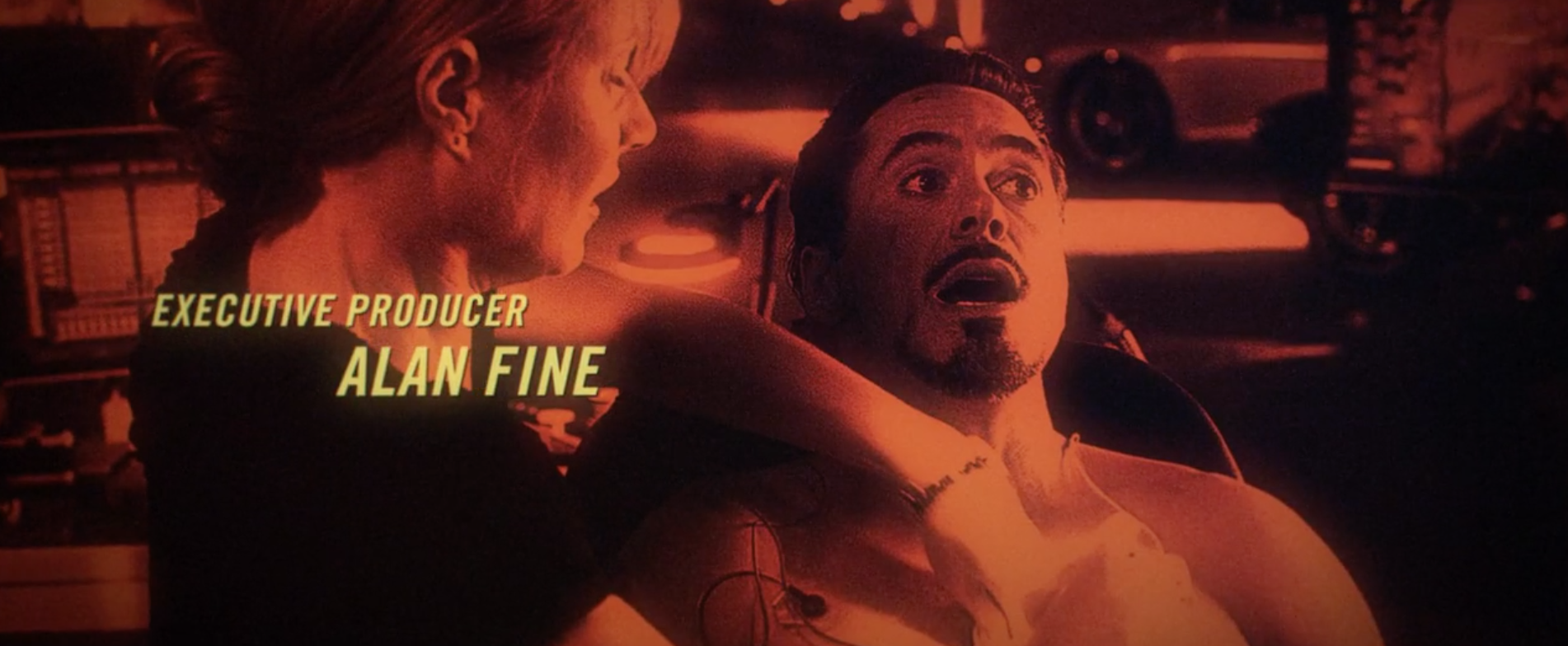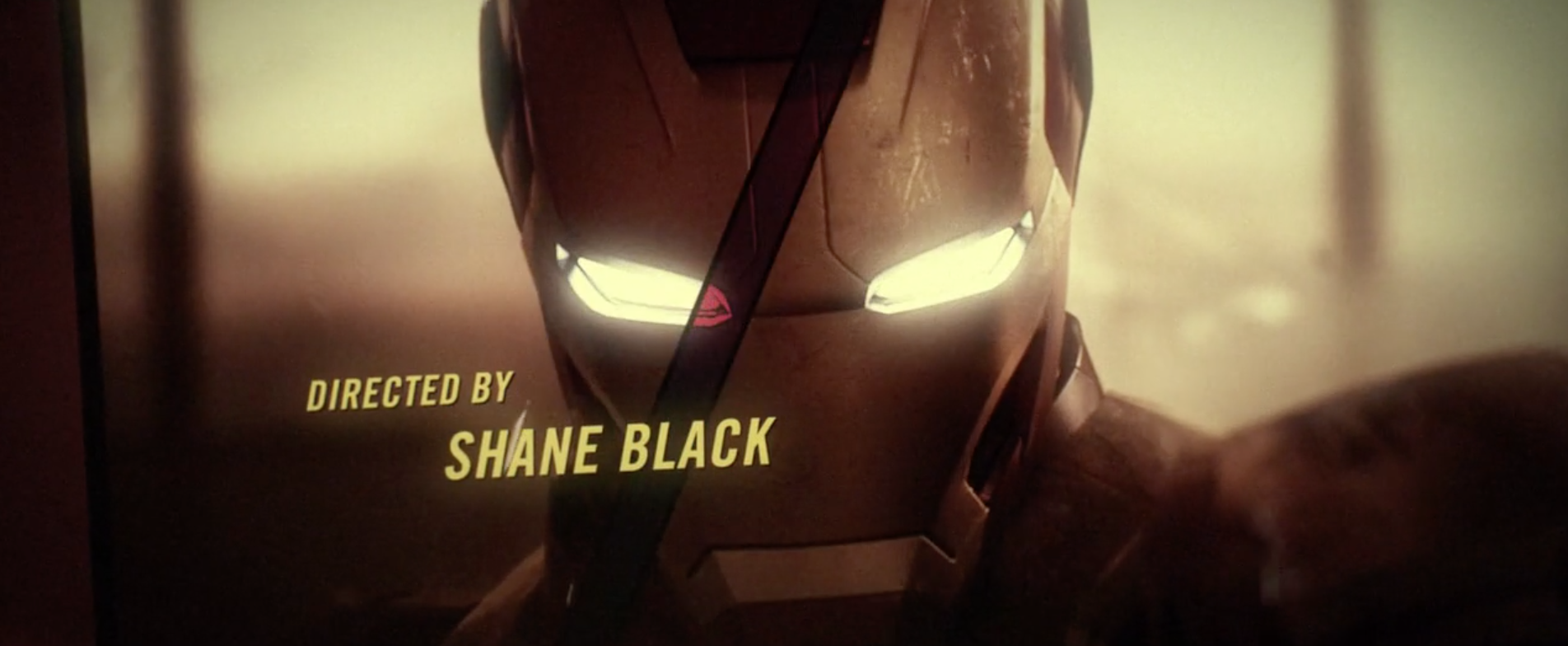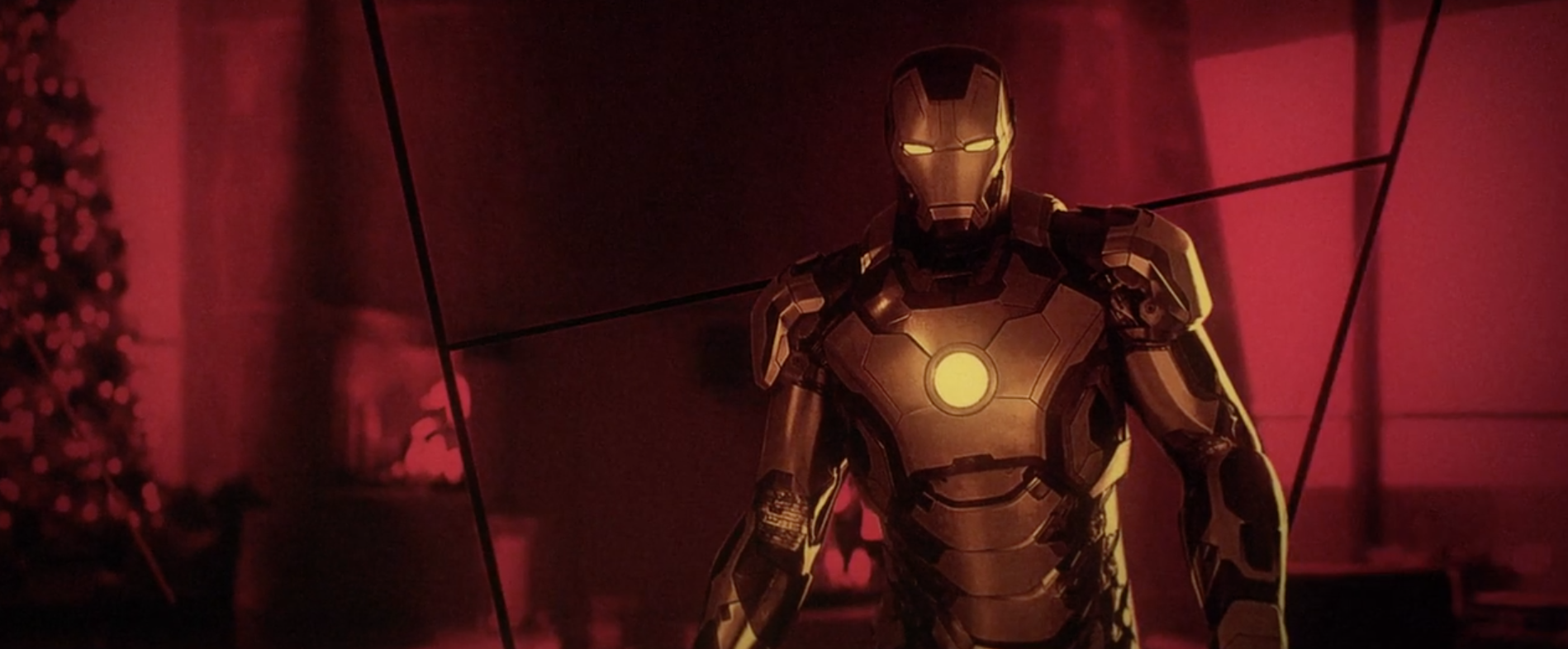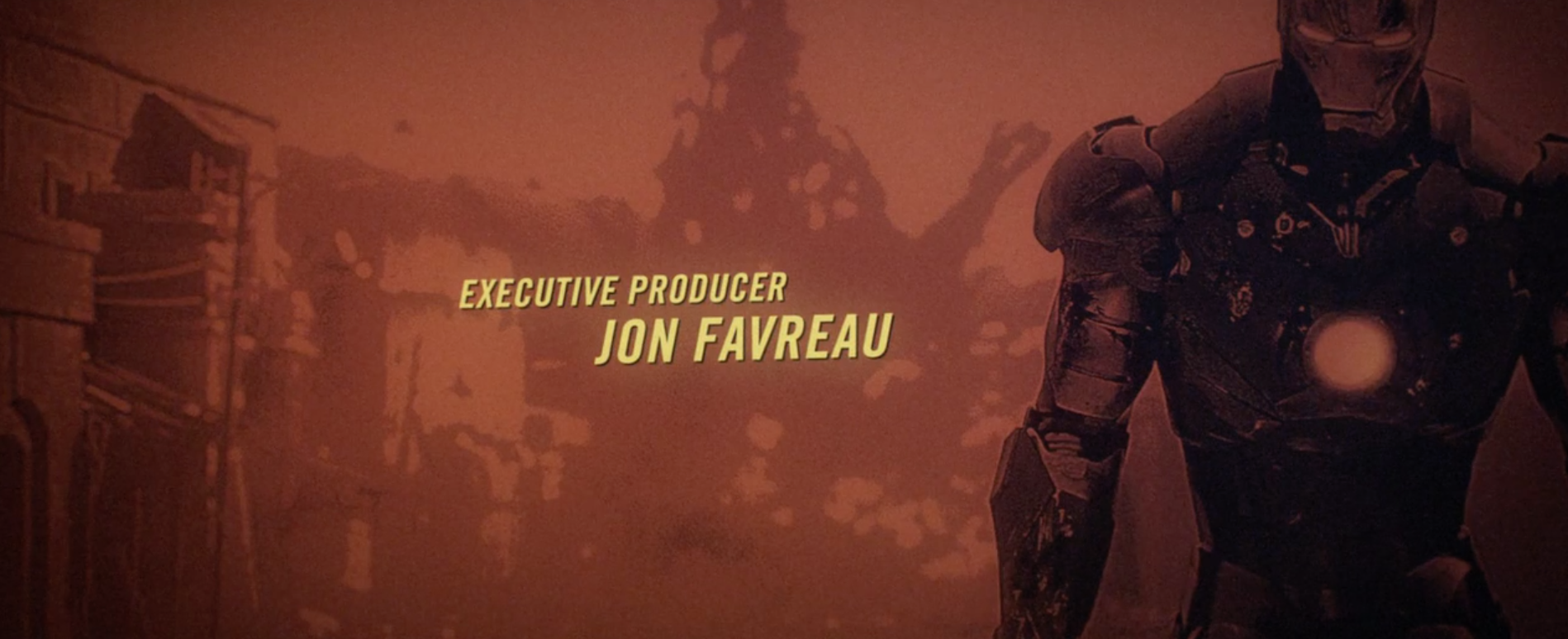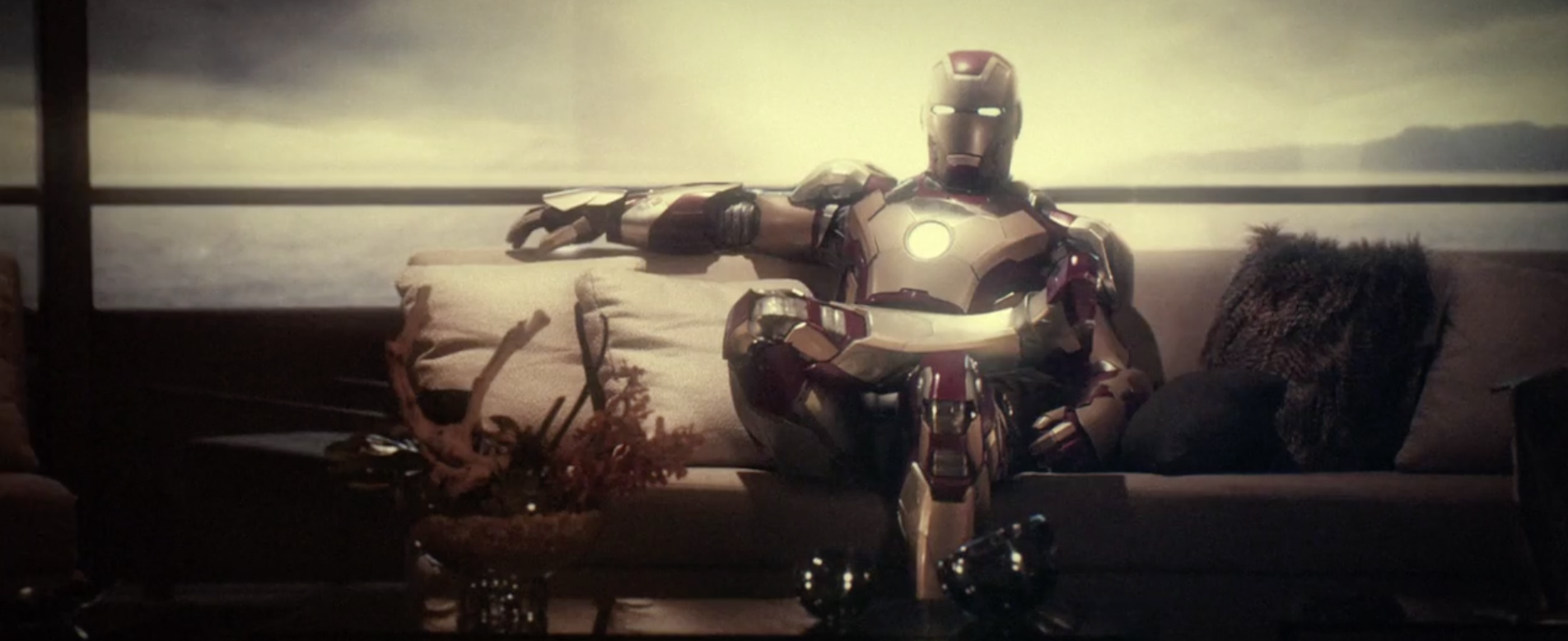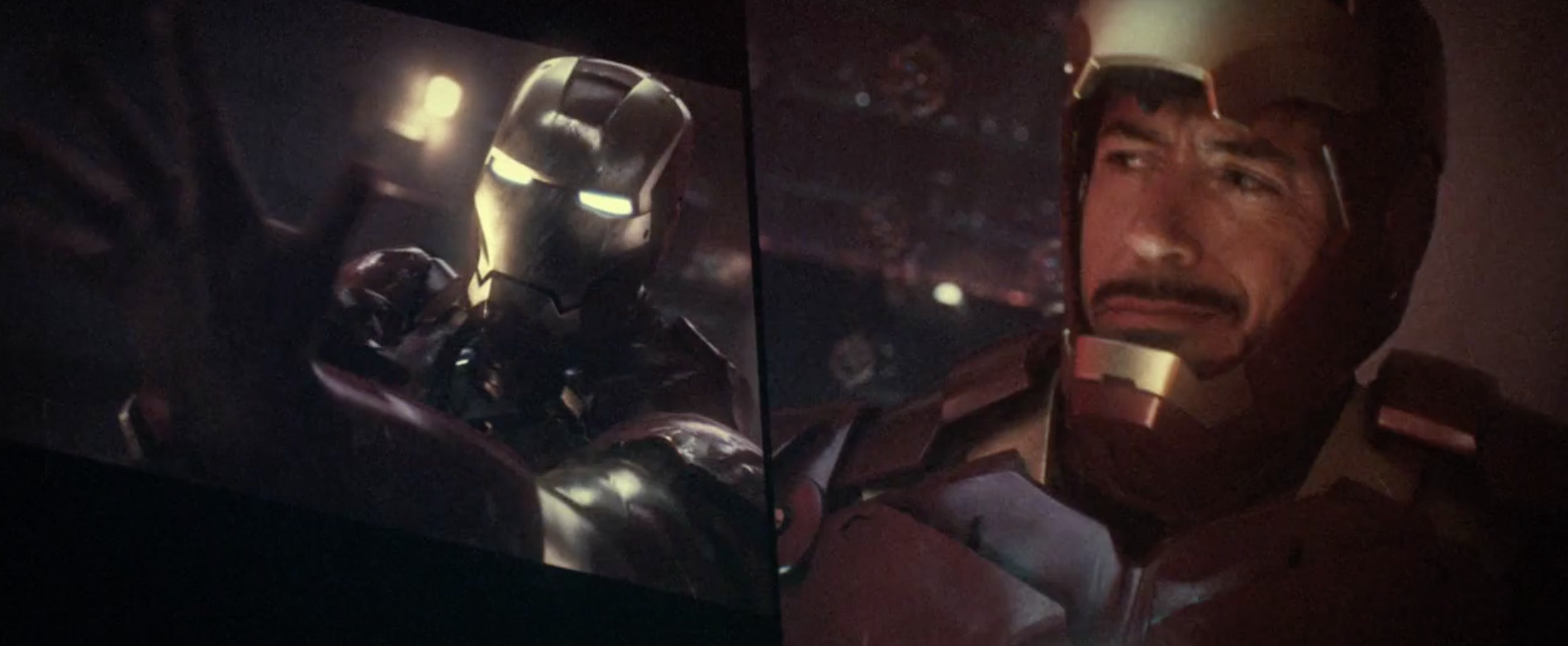Asked what he enjoyed about making films for online audiences, Ridgewell said he liked the immediacy of it and the freedom to make mistakes. "I like the instant feedback [you get from] putting things online," he added. He also said he spends a lot of time analysing comments left in response to his videos online, often "deconstructing thousands" to gauge an overall consensus on what did or didn’t work and using that to inform his next film.
“Commenters definitely shape my work, but whether they improve it or not is a different thing – people can be stupid, and have a kneejerk reaction to change, so should you always listen to them?” he added.
Ayoade, however, said he paid less attention to comments about or reviews of his productions - "I suppose in general it's too late by that stage - you can't really do anything about it. It can be useful, but I wonder whether it ever helped the next thing - the demands of each new thing are individual to it, and at some level, reviews tend to be about the person writing it, and their response," he said, adding that with regards to comments on platforms like YouTube: "There's [often] a particular kind of person who responds online."
Something interesting in that though, where as an artist it should ultimately be about your voice, and not of the voice answering the many commenters all putting in their 'two cents' to how they would've done it or how it could be better. Does that dilute your voice and just make you a people pleaser? Filmmaking by data analysis of YouTube comments and Google Analytics? Or is Ayoade kidding himself that audience reaction isn't as important to him? Can we believe he doesn't rush to read reviews of his work, even from reputable critics, who don't gorge themselves on Mountain Dew and Cheetos each night? I suppose that isn't Ayoade's point though, in fairness, he is talking about how useful it is for 'the next thing' you work on.
I'm sure you get much more from your own learnings of what did and didn't work on a particular project and you either learn from those mistakes or try and replicate what worked so well in the next project you work on.
I think I sit somewhere in the middle. I love reading YouTube comments of my work - the immediacy and brutal honesty is like being a voyeur to what someone wouldn't say to your face, and am often amazed at how random some of it can be. But I will always have a feeling of what did and didn't work afterwards, the comments will usually highlight that, and very likely shine a light on something that passed me by, but everything you do flows into the next thing you do, you do not live in a vacuum, so it's ultimately down to the director/creator/producer/artist in how they judge their work objectively. Listening to your audience can only help in that objective viewpoint, you've just got to tune into the truth, dodge the bullshit and let it refine, not define, your voice.
